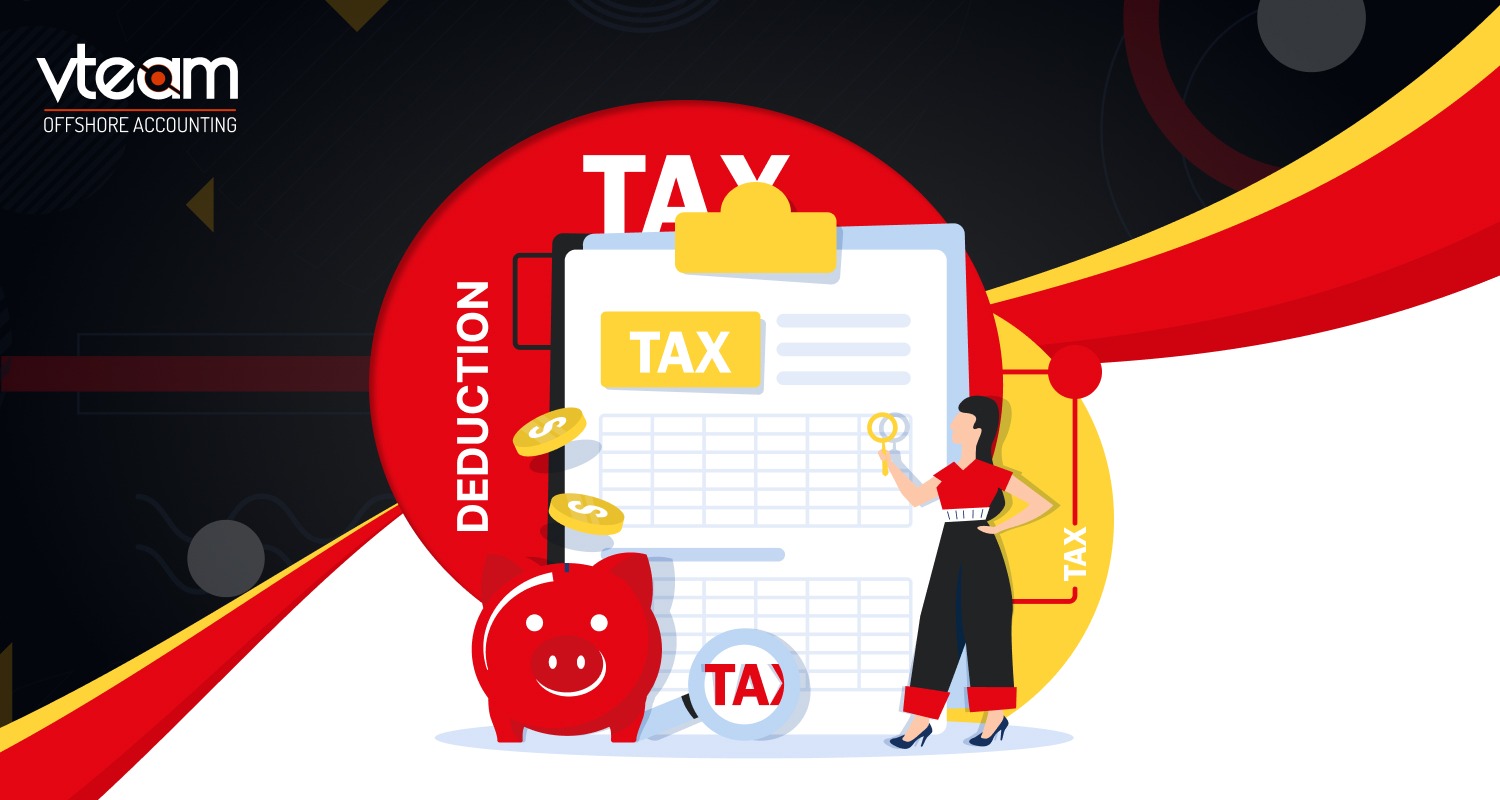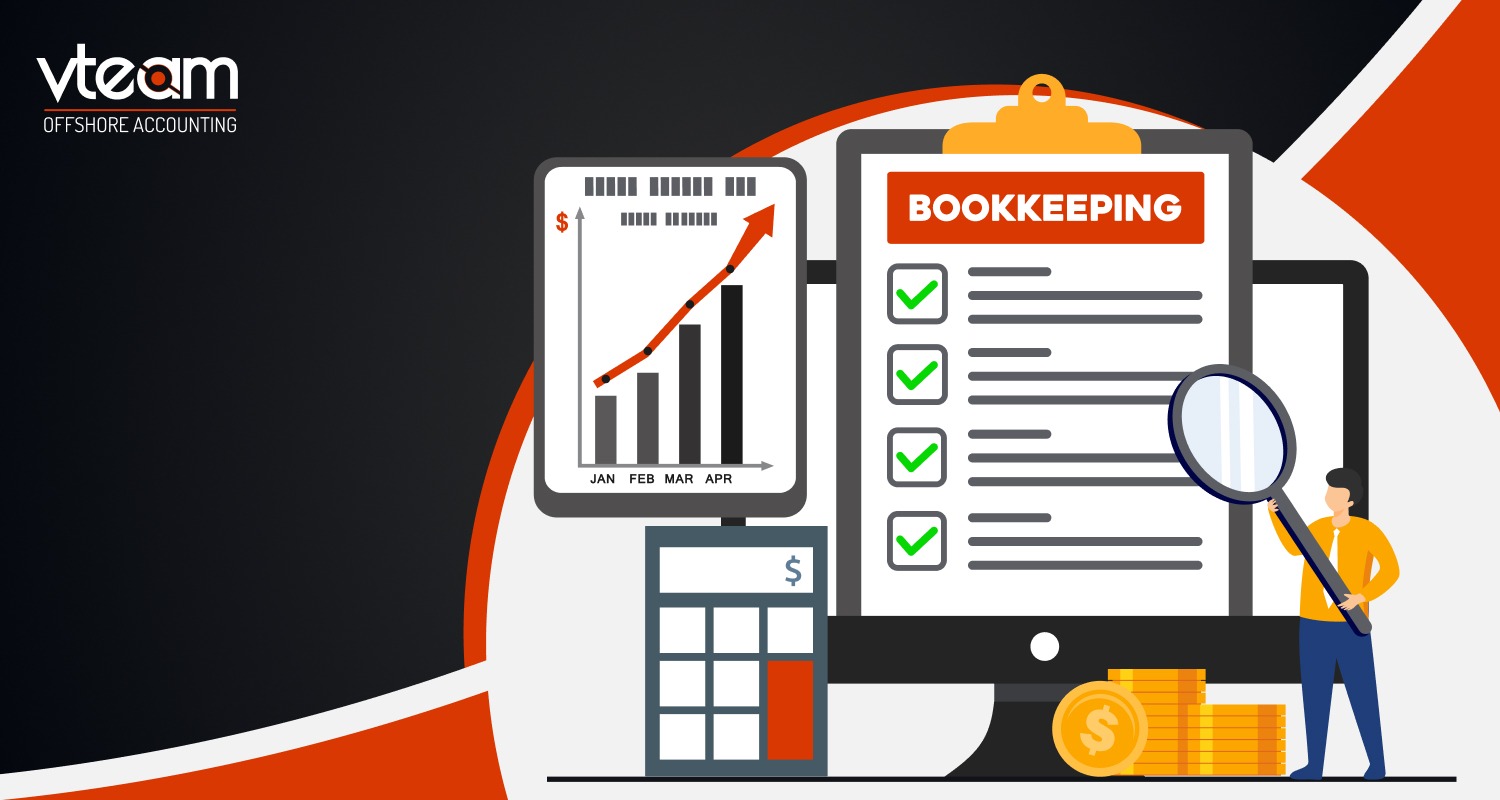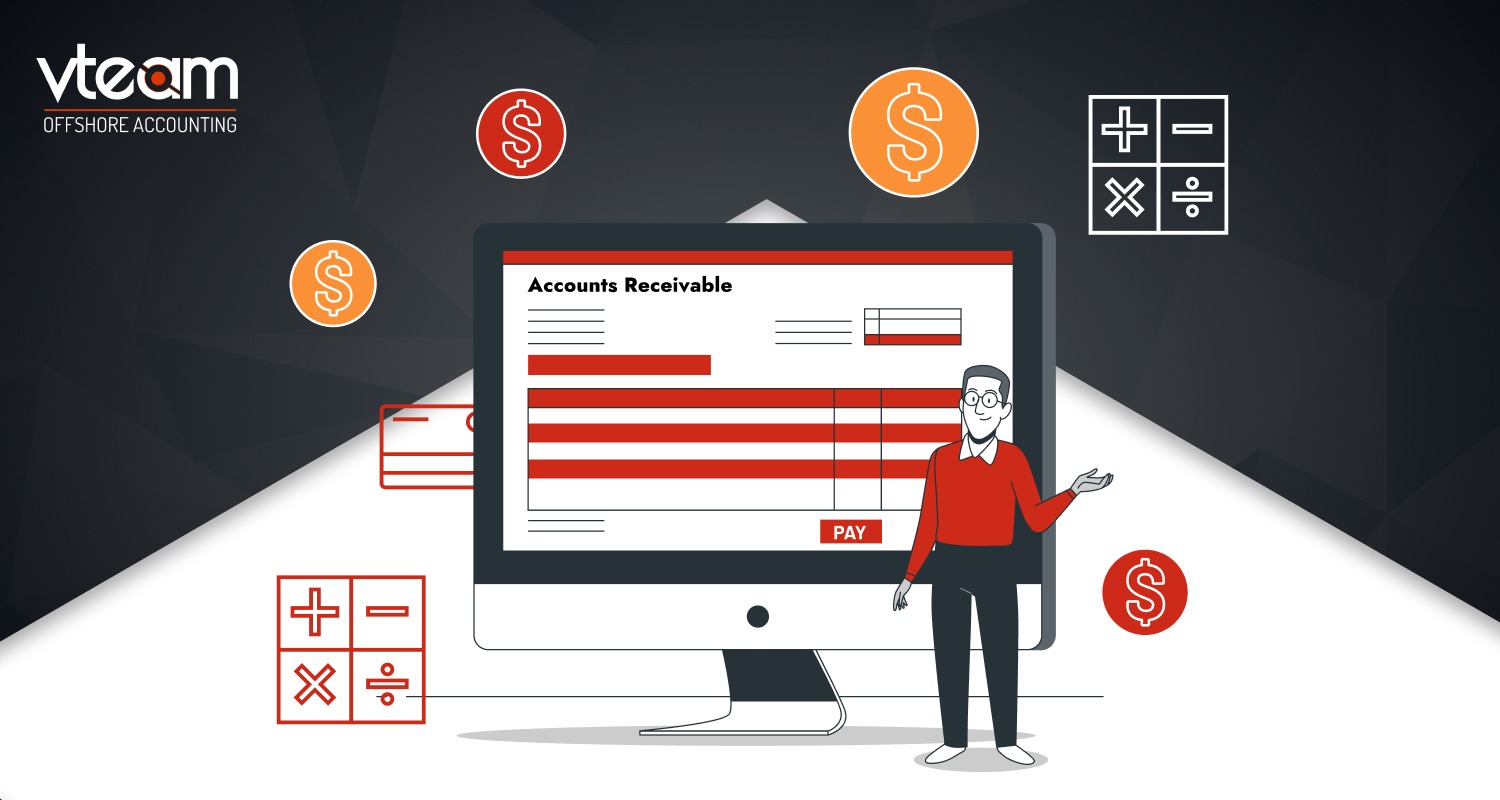In the complicated world of business taxes, big companies have to deal with a lot of rules and regulations to make their money strategies work well. This guide is here to help you understand important things about tax deductions for large businesses. It highlights how strategic planning and getting advice from tax experts are crucial to follow the rules, save money, and make the most of opportunities.
Understanding Tax Deductions
Tax deductions are a key part of a company’s money plan, helping businesses lower their taxable income and, in turn, the taxes they have to pay. For big businesses, it’s really important to understand how tax deductions work.
A. What Tax Deductions Are
Tax deductions are certain expenses that businesses can subtract from their total income to figure out their taxable income. This reduction in taxable income means the business owes less in taxes. Large businesses need to know which expenses can be deducted and follow tax laws to get the most financial benefit.
B. Tax Credits vs. Tax Deductions
Tax credits and deductions both help save on taxes, but they work differently. Tax credits directly reduce the amount of taxes you have to pay, giving a dollar-for-dollar cut. On the other hand, tax deductions lower the taxable income, indirectly affecting the overall tax owed. Big businesses need to understand these differences to plan their taxes well.
C. Why Maximizing Deductions Matters for Big Businesses
Big companies usually have various expenses, and getting the most out of deductions is crucial for good financial performance. Knowing the rules for different deductions, like those related to small business tax preparation and using tax services, is important. Actively managing deductions can make a big difference to a company’s profits.
Also Read : Understanding Tax Implications: A Guide To Year-End Tax Planning
Common Tax Deductions for Large Businesses
Big companies have a lot of costs in their day-to-day work, and many of these expenses can be used to lower the taxes they have to pay. Knowing about these common deductions is really important for planning taxes well.
A. General Business Expenses
This includes things like rent, utilities, insurance, and salaries—basically, the everyday costs of running a business. Big companies need to keep good records of these expenses to claim deductions correctly.
B. Depreciation and Amortization
When big companies buy expensive things like machinery or buildings, depreciation and amortization help spread the cost over time. This gives yearly deductions and accounts for the wear and tear or obsolescence of these assets.
C. Employee-Related Expenses
Wages, salaries, benefits, and other costs related to employees can usually be deducted. Understanding the details, like deductions for employee training, is important for big businesses looking to lower their taxes.
D. Research and Development Expenses
Some places give tax benefits to businesses doing research and development. Big companies working on innovative projects can use these deductions to encourage more investment in new technologies.
E. Section 179 Deduction
This allows businesses to deduct the full cost of certain things they buy in the year they get them, instead of spreading it out over time. Big businesses should see if this deduction can help them when they buy significant equipment or property.
F. Business Interest Expense Deduction
Knowing how much interest on business loans can be deducted is crucial for big companies that need a lot of financing. Changes in tax laws might affect the limits and conditions for this deduction.
G. Charitable Contributions
Big businesses often give back to the community. Understanding the rules for deducting charitable contributions is important for companies supporting causes or community development.
H. Other Industry-Specific Deductions
Some industries have special deductions. For example, manufacturing businesses might have deductions for being energy-efficient, while tech companies might benefit from deductions related to developing intellectual property.
Big businesses should take a close look at what they do and talk to tax experts to find all the deductions they can use. This way, they can make the most of opportunities to save on taxes.
Capitalizing on Tax Credits
Besides deductions, big companies can also get advantages from different tax credits. Tax experts can help businesses understand these credits, like ones for research and development or using energy-efficient methods. This guide will look into how businesses can smartly use these credits to get significant financial benefits.
Strategic Planning for Tax Deductions
Smart planning is super important for big businesses that want to make the most of tax benefits by actively managing deductions. This means putting in effort all year round, teaming up with tax experts, keeping detailed records, and sticking to the rules.
A. Year-Round Tax Planning Strategies
- Continuous Regulatory Reviews: Keep an eye on tax law changes all year to make adjustments on time.
- Regular Assessments: Check finances every few months to get the most out of deductions.
- Cash Flow Management: Make money decisions based on taxes to boost cash flow and cut down on taxes.
- Investment in Tax Planning Software: Use tech tools to make tracking expenses and managing deductions easier.
B. Leveraging Tax Professionals and Consultants
- Engage Tax Consultants Service Provider: Get advice from tax experts for better insights, finding deductions, and following the rules.
- Regular Consultations: Keep talking to experts for advice that fits the current tax situation.
- Specialized Knowledge: Look for experts who know about your industry for custom deductions.
- Internal Team Training: Train your own teams to be better at handling taxes in-house.
C. Documenting and Substantiating Deductions
- Thorough Record-Keeping: Set up good systems to keep track of expenses accurately.
- Digital Solutions: Switch to digital records for efficiency and easy access.
- Internal Audits: Check your records often to catch and fix mistakes early.
- Employee Training: Teach your employees the best ways to record expenses that can be deducted.
D. Ensuring Compliance with Tax Laws and Regulations
- Compliance Audits: Check your own operations often to make sure they match up with tax laws.
- Legal and Regulatory Updates: Stay updated on changes and make sure everyone in the company knows what’s going on.
- Engage Legal Counsel: Get legal advice to understand how your tax strategies might affect other parts of the law.
- Ethical Considerations: Be honest and transparent in your tax practices, avoiding any tricks to pay less in taxes.
E. Conclusion to Strategic Planning
Smart planning means long-term financial success for big businesses. By putting in effort all year, getting help from experts, keeping good records, and sticking to the rules, businesses can make the most of tax benefits. As tax laws change, businesses that focus on smart planning will handle the changes well and use new opportunities to their advantage.
Recent Changes in Tax Laws
Tax laws are always changing, and big businesses need to keep up with these changes to follow the rules and make the most of their finances. This part will talk about the latest updates and how they might affect deductions. It will highlight the importance of being adaptable and mention how getting help from outside experts, like outsourcing tax preparation, can make sure everything is accurate.
Also Read : Do Not Forget These Rules While Filing Taxes
Future Trends in Business Taxation
As technology and how businesses work keep changing, taxes change too. This section will look into what’s coming up and how it might affect the deductions big companies can get. It will also talk about how new technologies can help businesses plan their finances better.
Conclusion
Summing it all up, the conclusion will go over the most important things to remember. It will stress how planning taxes strategically, using tax experts, and getting help with outsourcing tax return preparation are all key. It will also push big businesses to take charge of their taxes to keep their finances healthy in the long run.
Experience seamless tax preparation for your large business with vteam! Our dedicated service ensures optimal deductions, compliance accuracy, and strategic financial planning. Contact us today!




